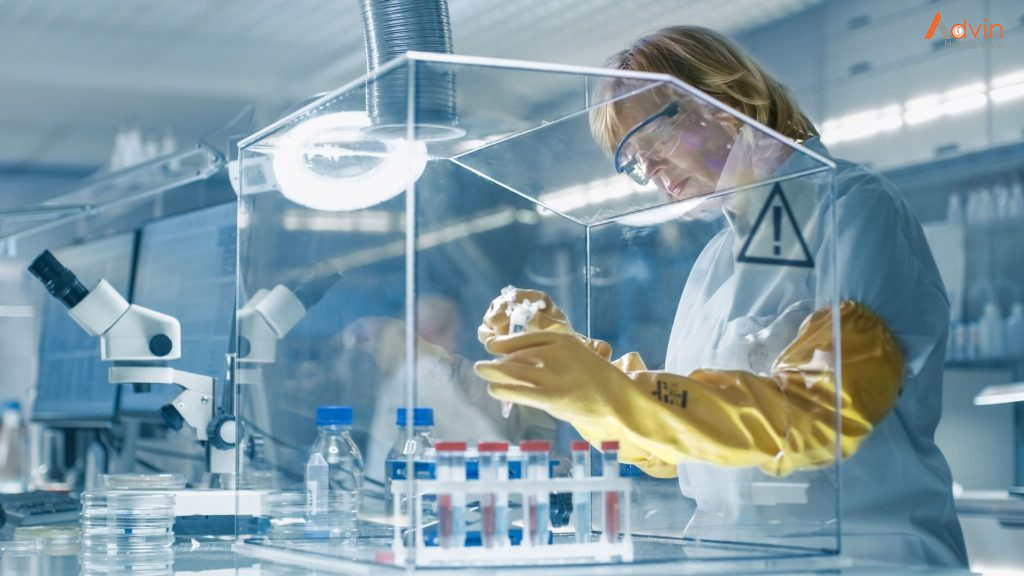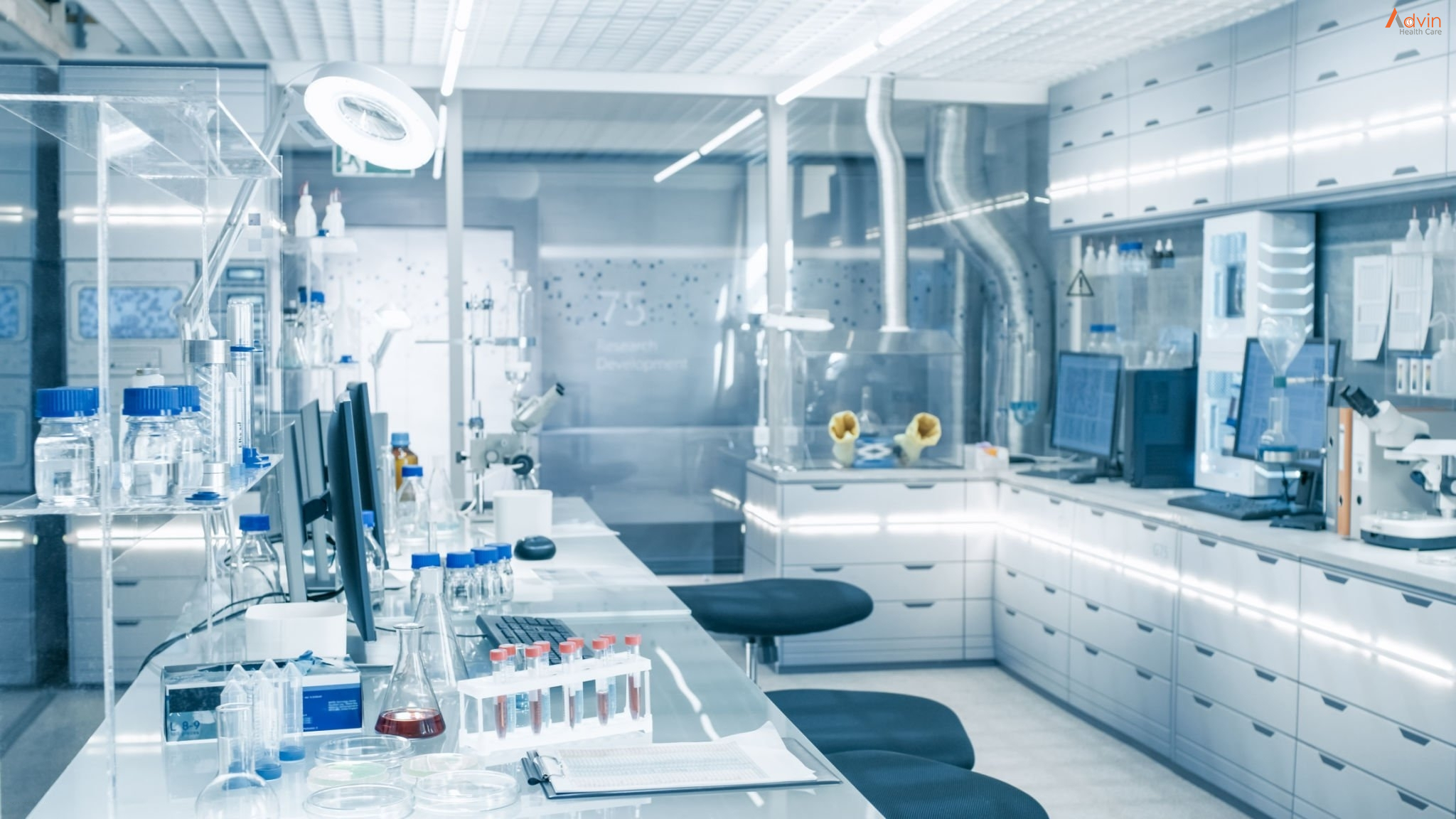Pathology at a glance
Pathology connects science with medicine by studying the causes and progression of diseases. In addition, pathology laboratories assist doctors in researching and interpreting biopsy and other specimen results in a laboratory setting. Some pathology labs are standalone facilities, but they can also be found within hospitals to help a medical team understand better the causes of varied diseases and conditions.
The importance of clinical pathology
One of the major branches of this science is clinical pathology, while anatomic pathology is the other major branch. Doctors, scientists, and lab assistants working in pathology laboratories study samples from both branches to help medical professionals and doctors understand and control diseases better. Clinical pathology uses urine, blood, and other body fluid types samples. The doctors working in a clinical pathology lab use these samples for laboratory testing. They are used in blood banking tests, microbiology, immunology, clinical chemistry, and hematology tests.
How clinical pathology labs help doctors

These tests within the laboratory are essential because they help physicians understand better how a disease has progressed inside the human body. The tests performed in a clinical pathology lab help physicians understand and make good decisions about certain patients’ most appropriate and best treatments. Clinical pathology also helps physicians ensure they are making a correct diagnosis for a specific patient. Clinical Pathology techniques can be used to test whether a patient is suffering from a particular disease type and what treatment method will most effectively work in curing the disease. Clinical pathology takes the guesswork out of modern medicine.
Pathology laboratory final thoughts
Clinical pathology is an essential part of diagnosing and treating recommendations by your doctor. The treatment that your doctor recommends will be based on facts studied and interpreted through pathology test results to conclude the type of treatment method they should use in your care. Keep in mind that the experts, doctors, and other scientists working in pathology labs are experts on diseases. They have extensive knowledge about disease trends and are experts in preventing illnesses and diseases. Clinical Pathology is used to ensure that patients get the most accurate diagnosis for an illness or disease and receive the treatment they need. On top of it all, clinical pathology can also be an excellent prevention method for patients exploring ways to prevent disease occurrence, especially when they have a family history.
The value of clinical pathology labs and the doctors, scientists, and other staff who keep them operating effectively cannot be overstated. Their work helps diagnose, treat, and cure diseases that improve patients’ quality of life and save lives. This makes it vital for pathology labs to have state-of-the-art technology, optimal workflow, and safety measures in place to keep them operating at their highest potential.
Types of pathology labs

Hospital labs
Almost all hospitals contain a laboratory to support the clinical services offered at the hospital. The specific pathology services would include both anatomic (surgical pathology, cytopathology, autopsy) and clinical (laboratory medicine) pathology at most hospitals. Most, if not all, inpatient and many outpatients seen by hospital-affiliated physicians require tests performed by hospital labs.
Reference labs
Reference labs are usually private, commercial facilities that do both high volume and specialty (high complexity and/or rare) laboratory testing. Most of these tests are referred from physician’s offices, hospital facilities and other patient care facilities such as nursing homes. Reference labs, typically located at a site other than the healthcare facilities, are often used for specialized tests that are ordered only occasionally or require special equipment for analysis.
Public health labs
Public health laboratories are typically run by state and local health departments to diagnosis and protect the public from health threats such as outbreaks of infectious disease. These labs perform tests to monitor the prevalence of certain diseases in the community which are a public health concern, such as outbreaks of foodborne or waterborne illnesses or detection of unique infectious agents.


